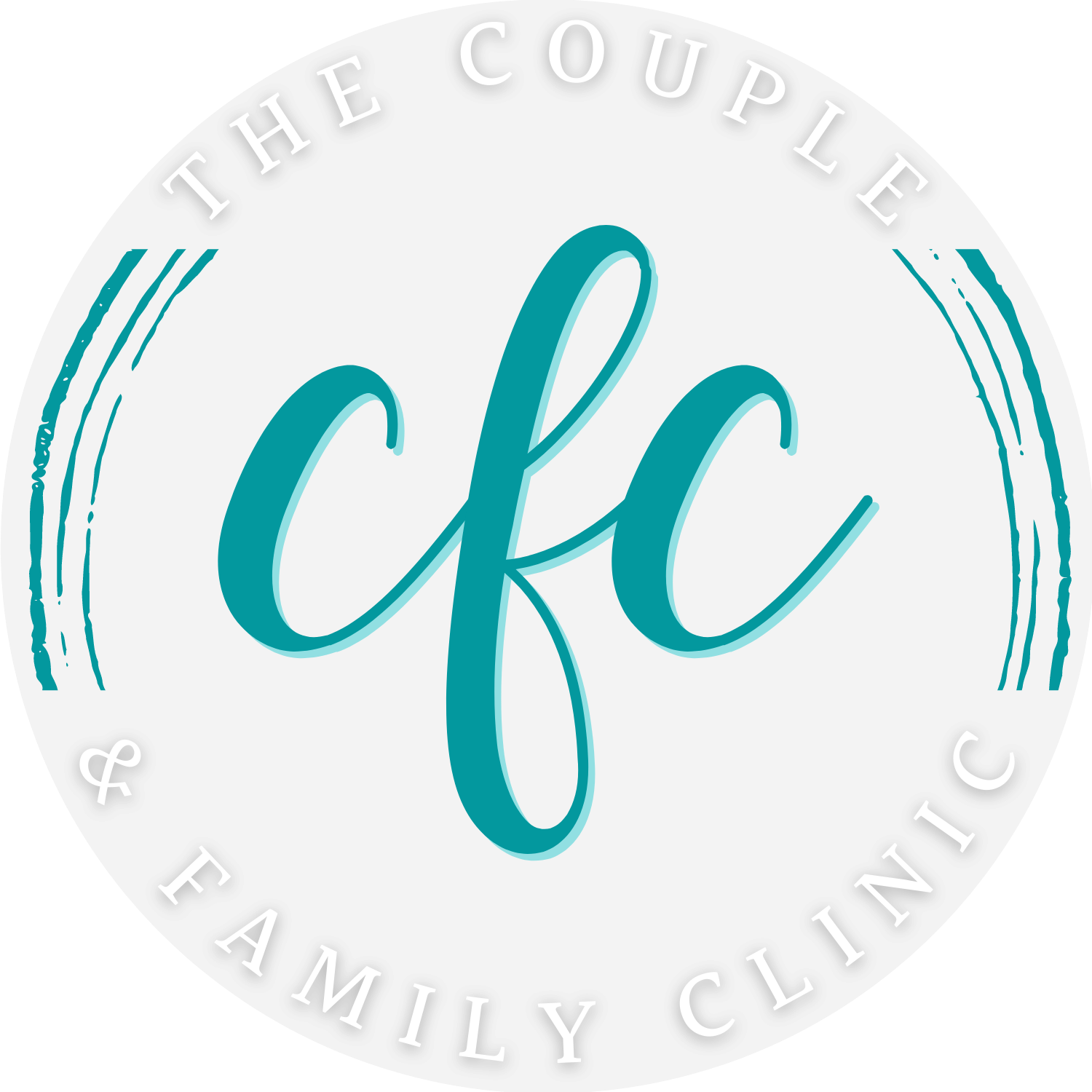Why Moral Injury Is Important to Address in Recovery from Affairs/Betrayal
In consulting ChatGPT, Moral injury refers to the psychological, emotional, and spiritual distress that occurs when a person believes they have violated their moral code or witnessed actions that conflict with their ethical values. This concept is commonly associated with military personnel, healthcare workers, and others in high-stress professions who face situations where they must make difficult decisions that conflict with their sense of right and wrong. (AI definition)
Moral injury is different from post-traumatic stress disorder (PTSD), though the two often overlap. PTSD is usually associated with physical or psychological trauma, such as combat exposure or a violent event, while moral injury is rooted in the violation of moral beliefs, often leading to feelings of guilt, shame, and betrayal of the self.
In light of the psychological, emotional, attachment, and sexual injuries of traumatic betrayal, Moral Injury can also be a phase for recovery. There are occasions when the betrayer’s feelings of shame and guilt are connected with the act of betrayal they have caused that violated their values and spiritual beliefs, as well as the pain they see in their hurting partner.
Key Aspects of Moral Injury:
Violation of Moral Beliefs: Moral injury typically involves an individual either acting in a way that contradicts their values or witnessing others (e.g., leaders, peers, or institutions) do so.
Moral Dissonance: The emotional and psychological conflict arises because individuals feel they have done something wrong or failed to act in alignment with their values, often leading to a deep sense of inner turmoil.
Impact on Identity: Moral injury can significantly affect a person's sense of self, leading to a loss of trust in oneself and others. It can also challenge one's worldview and belief in the inherent goodness of people or institutions.
Emotional Consequences: Individuals suffering from moral injury may experience feelings of guilt, shame, anger, anxiety, sadness, and a sense of hopelessness. It can lead to emotional numbing or a desire to withdraw from social relationships.
Social and Spiritual Effects: The effects of moral injury are not just personal but can extend to relationships with others, including a sense of betrayal or loss of trust in institutions. For some, moral injury can challenge or disrupt their spiritual beliefs.
Low Mood – The impact of processing the disappointment of the self in connection with poor decision-making can initiate a course of negative distortion of the self and low feelings surrounding self-concept.
Heightened Anxiety – The inability to regulate as the self-distortion and negative ruminating thinking about self continues to be present, anxiety can present as speaking fast, feeling edgy, contradicting oneself and being flooded with emotions.
Identity Confusion – Because Moral Injury challenges the person to review their values and behaviors, the thoughts of “who am I”; “I wasn’t raised to hurt others”: “Does this mean that I am a bad person, or did I do something bad” continues to be at the heart of the feelings of profound shame.
Healing and Treatment:
The treatment of Moral Injury often requires a specific multi-dynamic approach that may include:
Therapy: Trauma-focused therapy, a narrative approach, and EMDR. Narrative Therapy can help individuals process their emotions, reconcile their actions with their values, and rebuild a sense of moral clarity.
Emotional Focus Therapy: Addressing the lack of language for the emotion in the room and finding alliance with the person’s values or between the couple’s values to begin the healing in the core attachment.
Carnes 30 Task Model: Addresses the systemic, behavioral, and cognitive approach to reducing unwanted and compulsive sexual behaviors that cause betrayal in intimate relationships.
Peer Support: Group therapy or support groups, where individuals share their experiences of moral injury and find solidarity with others who understand their pain, can be deeply healing.
Spiritual or Religious Support: For some, reconnecting with spiritual practices or a religious community can help them restore their sense of meaning, forgiveness, and reconciliation with their spiritual values.
Forgiveness and Self-Compassion: Learning to forgive oneself and, where appropriate, others is a crucial aspect of healing. Practices focused on self-compassion and acceptance of one's humanity, including mindfulness, can be helpful.
A psychodynamic approach is one where you look at underlining the unconscious meaning of the person’s behaviors and thoughts, as well as how their lived experience and family of origin connect.
Conclusion:
Moral injury is a profound personal psychological injury that can impact one’s sense of self, relationships, self-esteem, confidence, and overall well-being of how they present in relationships and the process at which they embrace healing. Addressing Moral Injury related to betrayal in a relationship is critical to assist the person as they advance in the healing process.







